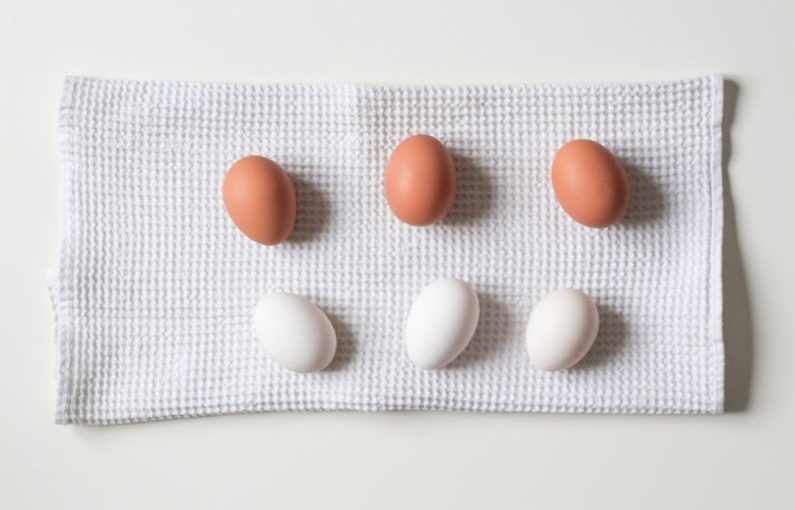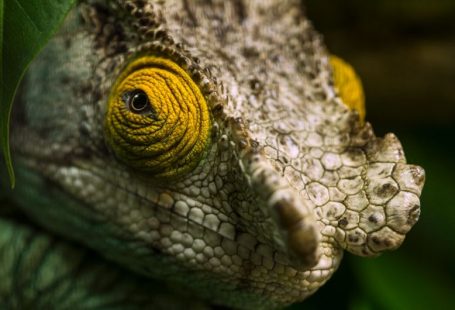As pet owners, we all want to provide the best possible diet for our furry friends to keep them healthy and happy. One of the ongoing debates in the pet food industry is whether raw or cooked diets are better for our pets. Both options have their own set of advantages and disadvantages, and it can be challenging to determine which one is the best choice for your pet. Let’s delve into the raw vs. cooked diet debate to help you make an informed decision.
The Raw Diet
The raw diet for pets typically consists of uncooked meat, organs, bones, and sometimes fruits and vegetables. Advocates of the raw diet believe that it closely mimics what animals would eat in the wild, making it a more natural and species-appropriate choice for pets. Proponents argue that raw diets can improve digestion, promote healthier skin and coat, boost energy levels, and enhance overall well-being in pets.
However, critics of the raw diet raise concerns about the potential risks associated with feeding pets raw meat, such as bacterial contamination and the lack of essential nutrients in homemade raw diets. Raw diets can be challenging to balance properly to ensure that pets are receiving all the necessary nutrients in the right proportions. Additionally, handling raw meat can pose health risks to pet owners due to the potential for bacterial transmission.
The Cooked Diet
Cooked diets for pets involve feeding them cooked meats, grains, and vegetables. Cooking food helps kill harmful bacteria and parasites that may be present in raw meat, reducing the risk of foodborne illnesses in pets. Cooked diets can be easier to prepare and store compared to raw diets, making them a convenient option for busy pet owners.
Proponents of cooked diets argue that cooking food can make certain nutrients more digestible and bioavailable for pets, leading to better nutrient absorption. Cooked diets can be tailored to meet the specific dietary needs of individual pets, making them a versatile choice for animals with dietary restrictions or health issues.
However, critics of cooked diets point out that the cooking process can destroy some heat-sensitive nutrients in food, potentially leading to nutrient deficiencies in pets. Overcooking food can also reduce its palatability and appeal to pets, making them less likely to eat a balanced diet. It’s essential to carefully monitor the cooking process to ensure that the food retains its nutritional value and appeal to pets.
Making the Right Choice for Your Pet
When deciding between a raw and cooked diet for your pet, there are several factors to consider to make the best choice for your furry companion. It’s crucial to consult with a veterinarian or a pet nutritionist to determine the most appropriate diet based on your pet’s age, breed, size, health status, and dietary preferences.
If you choose to feed your pet a raw diet, opt for commercially prepared raw food diets that are formulated to meet the nutritional needs of pets. These diets are balanced to provide the right mix of proteins, fats, vitamins, and minerals to support your pet’s health and well-being.
On the other hand, if you prefer a cooked diet for your pet, consider using high-quality ingredients and following vet-approved recipes to ensure that your pet receives a balanced and nutritious diet. Avoid feeding pets foods that are high in additives, preservatives, and artificial ingredients that may be harmful to their health in the long run.
Conclusion: Finding the Best Balance
In conclusion, the debate between raw and cooked diets for pets ultimately comes down to finding the right balance between nutritional adequacy, safety, and palatability for your pet. Both raw and cooked diets can be suitable options for pets when prepared and balanced correctly to meet their specific dietary needs. By working closely with a veterinary professional and monitoring your pet’s health and well-being, you can determine the best diet that will keep your furry friend happy and healthy for years to come.





